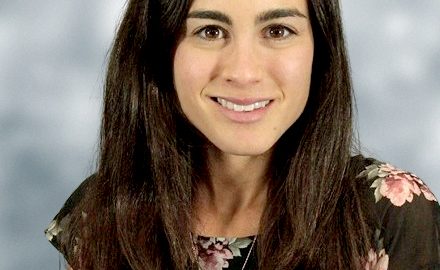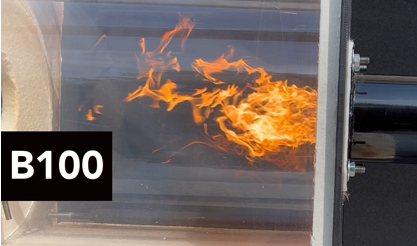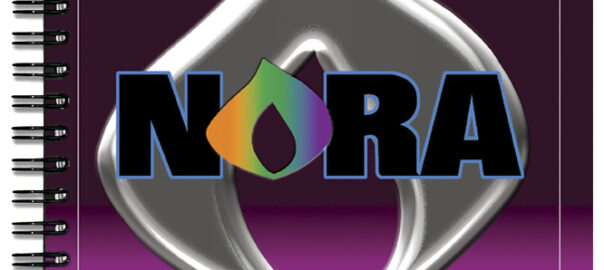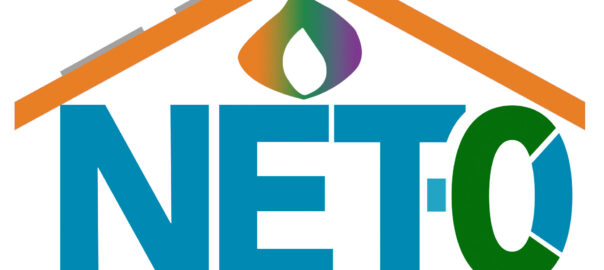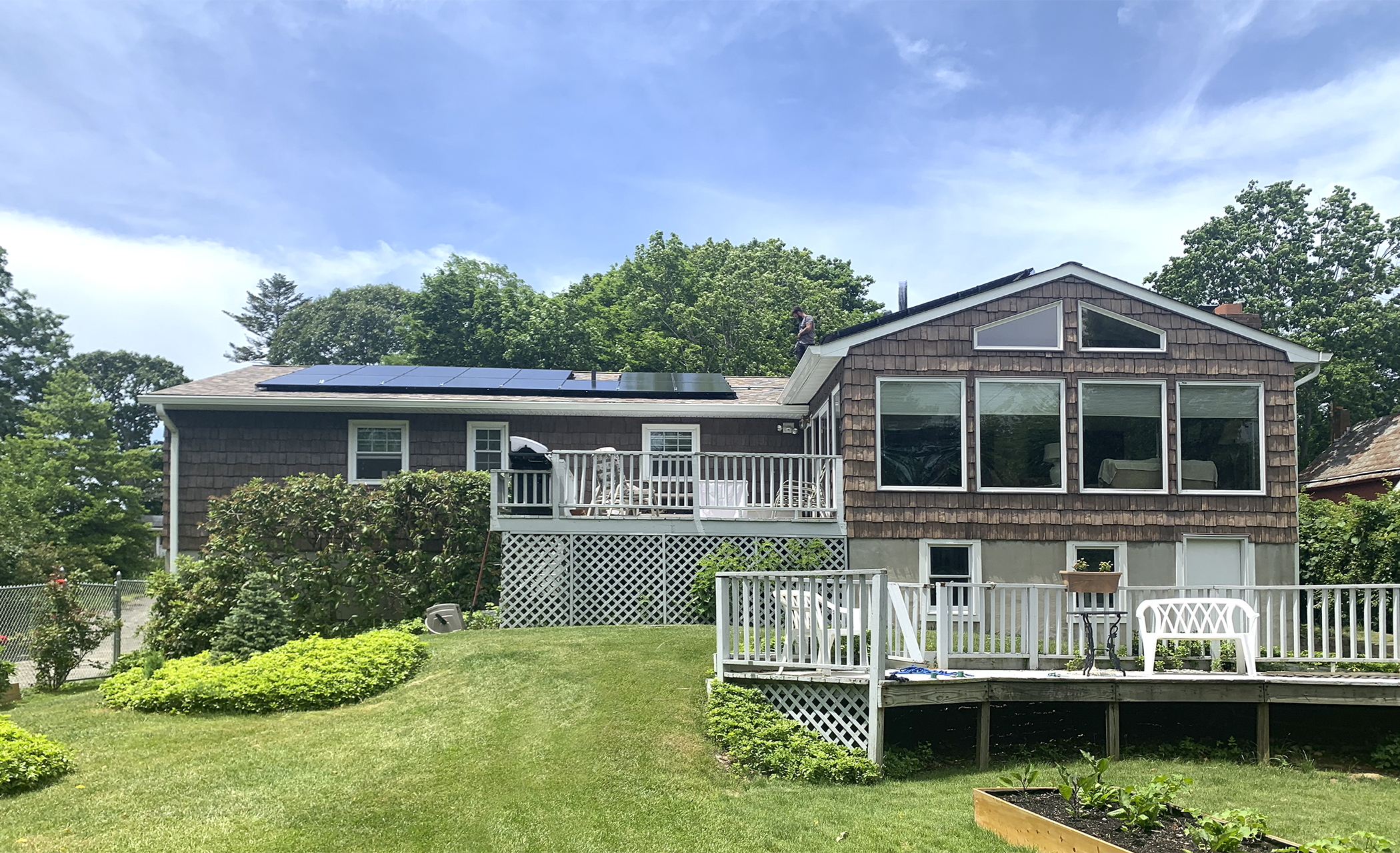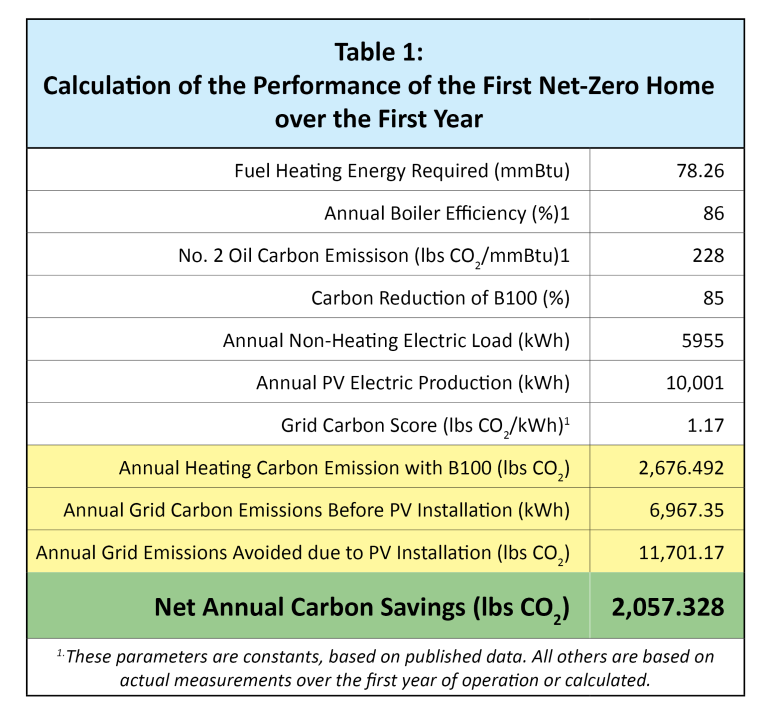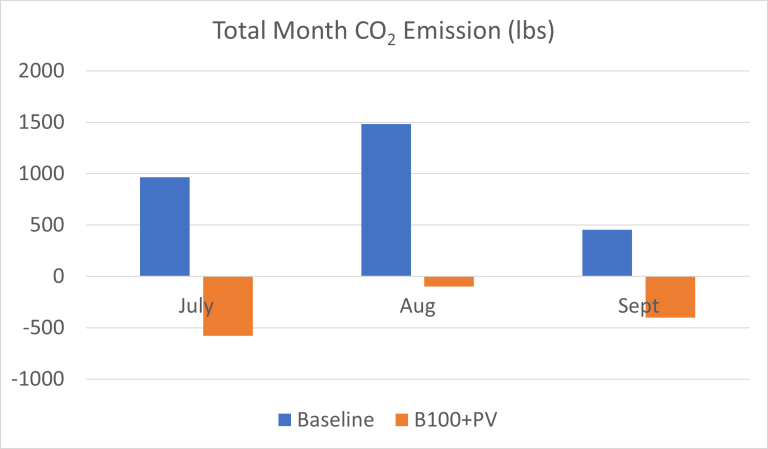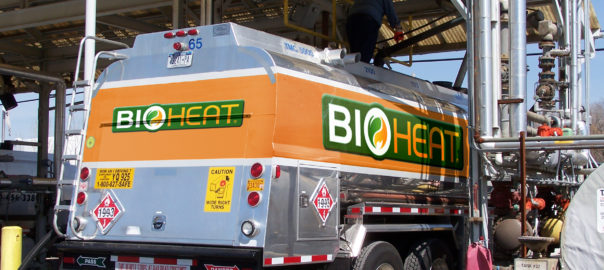| Congress and President Biden have recognized the critical role that the transition to low-carbon biofuels in homes heated with fuel oil will play in the reduction of greenhouse gas emissions (GHG). The recently passed Inflation Reduction Act (IRA), includes legislation that incentivizes the heating oil industry to improve the efficiency of its equipment while increasing the amount of biodiesel blended into the fuel. Both are essential in reaching the goal of reducing GHG emissions to zero. The IRA encourages the liquid heating fuels industry to continue to move forward with its transformation to a clean and green heating source.
This bill’s enactment was largely due to the efforts of Senator Charles Schumer (D-NY), representing the State that uses the most heating oil.The IRA provides for homeowner tax credits of $600 for each new oil/biofuel blend compatible heating appliance.
Congress has set two major steps/goals to qualify:
For equipment placed in service after Dec. 31, 2022, the equipment must meet 2021 Energy Star efficiencies and be suitable for a 20% blend of biodiesel or renewable diesel use.
For equipment placed in service after Dec. 31, 2026, the equipment must have an Annual Fuel Utilization Efficiency (AFUE) of at least 90% and be suitable for a 50% blend of biodiesel or renewable diesel use.
Michael Devine, President of the National Oilheat Research Alliance (NORA), commented, “These are achievable goals for our industry. Most oil burner manufacturers are already compliant with the 20% biodiesel blend minimum for next year and plan to have models that meet the 2027 requirement of 50% biodiesel or renewable diesel in 2023. This is very exciting news as it indicates Congress’ endorsement of our industry’s efforts to reduce carbon emissions in heating fuels. It provides guideposts for a reasonable path forward in reducing greenhouse gases in fuel and improving equipment.”
The oil heating industry has been on the path to reducing GHG emissions for years with the widespread adoption of blending biodiesel (an advanced biofuel) into traditional heating oil. Additionally, States in the Northeast have included mandates or other incentives to include the blended fuel in their master energy plans. NORA, in concert with research partners such as Clean Fuel Alliance of America (CFAA), Brookhaven National Laboratory, oilfired heating equipment manufacturers and numerous heating oil retail marketers, has thoroughly tested, both in the laboratory and in the field, the blended fuels for safety, efficiency, reliability and GHG reductions.
Environmental groups that have been championing GHG reduction strategies had this to say about the IRA.
The Natural Resources Defense Council
“This is the most significant action the U.S. has ever taken to combat climate change. It will benefit the people of all 50 States—their health, their wallets, their homes and their future. And it will help the U.S. deliver on its undeniable responsibility to the rest of the world to do its part to address this global crisis. The House needs to come back quickly to cement this essential climate action. There is no time to waste. This bill is not perfect, but from a climate pollution perspective, the positives heavily outweigh the negatives—by a factor of 10.”
The Rocky Mountain Institute“This legislation gives the U.S. a real chance to reach its Paris Agreement—while lowering costs for American households.”
The World Wildlife Fund
Among the most important provisions are the $9 billion in consumer home energy rebates. This includes 10 years of tax credits aimed at allowing American homes to run on more energy efficient and clean systems, which will save them money.
With the passage of the IRA, homeowners can invest in new, more efficient and environmentally-beneficial heating systems with consumer federal tax incentives, provided by the Government. By upgrading their heating system, they will know they are taking the appropriate path towards a zero-carbon future. |

